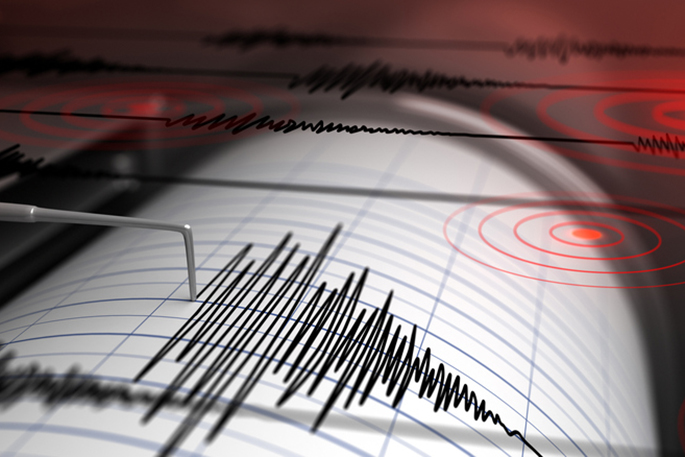Moroccans living in New Zealand are frantically checking friends and family back home are okay, and are looking for ways to help their country in the wake of the deadly earthquake.
Morocco was struck by a magnitude 6.8 earthquake centred about 70km south of the city of Marrakesh, just after 10pm local time on Friday night.
More than 2000 people were killed, and more than 2000 were injured in the quake - with very high numbers of critically injured people and the expectation the death toll to climb - the BBC reported Morocco's Interior Ministry has said.
About 380,000 people live within 50km of the epicentre of the earthquake, which was centred in a mountainous and hard to access area in the High Atlas Mountains on Friday night, the UN said.
The country has declared three days of mourning, as rescuers and neighbours continue to work in rubble from collapsed buildings, trying to find survivors.
Auckland chef Khalid Bouladam told RNZ the local expat community was keen to help in any way possible.
They are investigating the best ways to assist from afar, and hope to talk with representatives at the Moroccan embassy in Australia tomorrow.
Bouladam says it had been difficult getting information and contacting people who were outside the main cities in Morocco, and the community here had been frantically trying to phone their friends and family back home.
"[We're] very anxious. We've been on the calls to all friends and family all night, and also this morning as well, trying to check on everybody."
Hassan El Kour, Wellington-based owner of Zaaffran, a catering company and food truck, says his whānau back home were frightened by the earthquake.
They live in the port city Essaouira, about 100km from the quake's epicentre which was in a mountainous area south-west of Marrakesh.
El Kour says he had managed to make contact with his siblings and friends, either by phone or messaging, and was relieved they were all okay.
Everyone he spoke to, including his elderly parents, had slept outdoors after the earthquake, in case of more tremors or building collapses.
"They all had to get out and just hang out in the squares, it's just a suburban square, so they just had to hang together for the whole night and just keep out of the houses," says El Kour.
Crowds of people continued to sleep in the streets at night, days after the quake.
El Kour was touched by how many of his New Zealand friends had texted him, and how many customers at Wellington's Harbourside Market offered messages of support this weekend: "They all said ... it was amazing - a lot of people."
Auckland-based Moroccan tour operator Adil Bennani was watching a live debate from Morocco on YouTube when the quake struck, and he watched as the room being shown in the video shook.
There had not been a major earthquake in Morocco for decades, so it was very unexpected, he says.
"Morocco is a beautiful country, and the people are very very nice - the letters and messages of support coming from worldwide, from all countries, make us feel very good."
A Wellington-based expert in earthquakes says this one was the largest to have struck in this part of Morocco since 1900.
Victoria University geophysics professor Martha Savage says the towns and buildings in the area were not built to withstand this level of shaking, and poor building quality had contributed to the high death toll.
A Ministry of Foreign Affairs and Trade (MFAT) spokesperson says officials in New Zealand were monitoring the humanitarian impacts of the earthquake on the region.
While MFAT says it had not received a request to help with relief efforts, staff were assessing possible ways New Zealand could support the response if needed.
New Zealanders in Morocco
MFAT says at least 25 New Zealanders were registered on the Safe Travel website as being in Morocco. It asked all New Zealanders in Morocco to register their details.
New Zealanders in the affected areas should follow the advice of local authorities, keep updated on news and developments and keep their families at home updated, MFAT said. The 24/7 emergency consular line was available if they need urgent help, on +64 9920 2020.



0 comments
Leave a Comment
You must be logged in to make a comment.